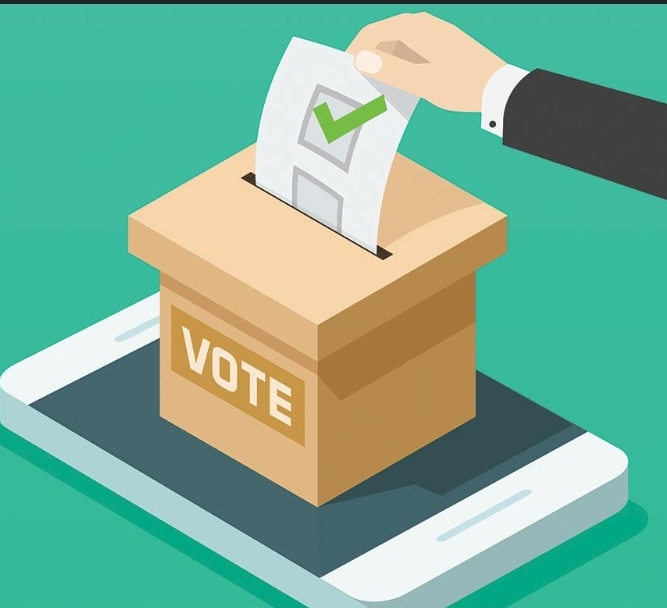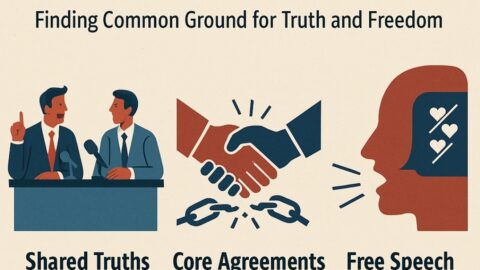“The secret of freedom lies in educating people, whereas the secret of tyranny is in keeping them ignorant.” — Maximilien Robespierre
This quote by Maximilien Robespierre highlights the contrast between freedom and tyranny. Freedom thrives on education, as informed citizens can think critically, make informed decisions, and hold leaders accountable. On the other hand, tyranny relies on keeping people ignorant, as uninformed individuals are more accessible to manipulate and control. By restricting access to knowledge and suppressing education, tyrants can maintain their power while educating the populace, which empowers them to resist oppression and uphold their freedoms.
Signs of ignorance can include:
Lack of Curiosity: Not showing interest in learning or seeking new information.
Close-Mindedness: Rejecting new ideas or perspectives without consideration.
Overconfidence in Limited Knowledge: Believing they know more than they do and resisting correction.
Inability to Recognize Bias: Failing to see how personal or external biases shape their views.
Reliance on Misinformation: Holding on to incorrect beliefs or ideas despite evidence to the contrary.
Avoidance of Critical Thinking: Preferring simple explanations over complex understanding.
These signs can hinder personal growth and decision-making.
What is a low informational voter?
A low-information voter is someone who participates in elections but has limited knowledge about the candidates, policies, or political issues at stake. These voters may base their decisions on superficial factors such as party affiliation, name recognition, or emotional appeals rather than in-depth understanding or research. They might also be influenced by misinformation or rely on simplified messages from media or political ads. The term is often used to describe voters who lack access to or do not seek out comprehensive information before casting their ballots.
What are the qualities of low-information voters?
Qualities of low-information voters typically include:
Limited Knowledge: They have minimal understanding of political issues, candidates, and policies.
Reliance on Simplified Information: They often base decisions on headlines, slogans, or party affiliation rather than in-depth research.
Influence by Misinformation: They are more susceptible to false or misleading information.
Emotional Decision-Making: Their choices are driven by emotional appeals rather than logical analysis.
Lack of Engagement: They generally do not seek out comprehensive information or participate actively in political discourse.
These characteristics can influence their voting decisions in ways that may not fully align with their best interests or the broader public good.
The concept of a “low-information voter” (LIV) canceling out an “educated voter” often arises in discussions about democracy and voting systems. This phenomenon refers to how the democratic principle of “one person, one vote” gives equal weight to every citizen’s vote, regardless of their knowledge, expertise, or engagement with political issues.
Below are key points to understand this concept and its implications:
Equal Voting Rights:
- In a democracy, every individual is granted the right to vote, irrespective of their knowledge, education, or awareness of political matters. This means that an uninformed voter’s choice has the same influence on election outcomes as that of a well-informed voter.
Low-Information Voter Characteristics:
- Decisions may be based on emotional appeals, identity politics, or surface-level impressions (e.g., name recognition, charisma).
- They might lack a deeper understanding of policies, platforms, or candidates’ records.
Educated Voter Characteristics:
- Decisions are typically grounded in research, critical thinking, and a thorough understanding of political issues and candidates.
- They aim to vote in alignment with long-term principles and well-considered policies.
Outcome:
- When low-information and educated voters have opposing choices, their votes effectively cancel each other out, meaning neither perspective holds sway in that instance.
Implications for Democracy
Strengths of Equal Voting:
- Ensures fairness and inclusivity, allowing everyone to participate in shaping their government.
- Prevents elitism or disenfranchisement based on subjective criteria like intelligence or education level.
Challenges:
- A high prevalence of low-information voters can lead to outcomes driven by populism, misinformation, or manipulation by political actors.
- Complex issues may be oversimplified for mass appeal, undermining nuanced decision-making.
Dilution of Educated Votes:
- If a large portion of the electorate is uninformed or disengaged, it can dilute the influence of voters who have carefully considered their choices.
Factors Contributing to Low-Information Voting
Media and Misinformation:
- Social media, biased news, and misinformation campaigns can mislead voters or promote superficial engagement.
Educational Disparities:
- Lack of civic education and political literacy leads to voters being less equipped to make informed decisions.
Disinterest in Politics:
- Many voters may prioritize other aspects of life over understanding complex political issues.
Potential Solutions
Civic Education:
- Emphasizing civics and critical thinking in schools can better prepare future voters to make informed decisions.
Fact-Checking and Media Literacy:
- Teaching individuals how to identify reliable sources and recognize bias can reduce the impact of misinformation.
Encouraging Informed Voting:
- Efforts like voter guides, debates, and public education campaigns can help make information more accessible and understandable.
The Balance in a Constutional Republic
While low-information voters may cancel out educated voters in some cases, this tension is inherent in a system where every voice is equal. A functional Constitional Republic relies on the collective wisdom of its people, which improves as more citizens become informed and engaged. Efforts to address this challenge should focus on increasing overall voter awareness and participation rather than disenfranchising any group.
In essence, an educated voter’s role is not only to cast their vote thoughtfully but also to contribute to a culture of informed dialogue and civic responsibility.
To avoid becoming a low-information voter:
Educate Yourself: Regularly read reputable news sources and research candidates and issues.
Seek Diverse Perspectives: Explore opinions and analyses from different viewpoints to understand all sides of an issue.
Engage in Discussions: Participate in informed discussions with others to deepen your understanding.
Fact-Check: Verify information from multiple sources to avoid falling for misinformation.
Stay Informed on Local Politics: Keep up with local issues and candidates, not just national politics.
These practices help you make well-informed decisions at the polls and in life in general in the present moment and teach the next generation not to be manipulated by tyrants, oligarchs, and government.








One Response
This is because they overthrew the government in a coup on 9/11/2001. Then made the temporary bill permanent in 2014. How about addressing the Patriot Act and the changes to our country since then?